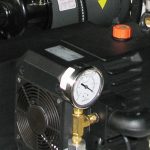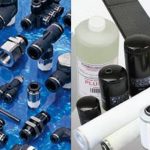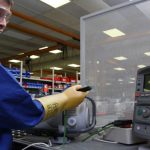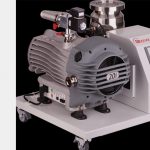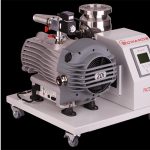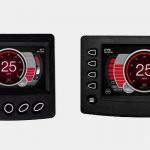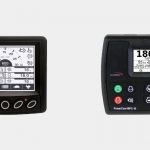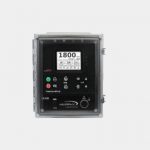Hydraulic fluids have four basic purposes. First, they create force and motion by taking pressure from one place and moving it flawlessly to another place. Second, the fluid acts as a kind of seal, helping to keep contaminants out of the system by virtue of filling all of the available internal spaces and having surface tension. Third, the fluid acts as a kind of lubricant, and finally, it helps keep the hydraulic system cool as well.
Of course, it’s not perfect at any of these jobs — and when the second purpose fails and contaminants get into the system, everything else gets worse along the way. That’s why no hydraulic pump system relies entirely on the fluid itself to keep contaminants out — they inevitably also use a hydraulic filter.
Getting Contaminated
Contaminants come from a few places:
- They can be sealed into the system when the system is first created or when new fluid or parts are added.
- They can come from inside the system when microscopic particulate is broken off of the existing parts and pieces.
- They can get into the system from outside during normal operation. Breather caps, imperfect seals, and basically any opening that exposes the hydraulic fluid to the air (deliberately or not) can cause contamination.
How Big Does A Particle Have To Be to Cause Problems?
To be honest, it depends — some particulate has chemical, rather than mechanical, interactions with the internals of a hydraulic system, and that kind of particulate — say, rust — isn’t safe in any quantity. But the more common, sand-like particulate can get as “large” as one ten millionth of an inch before it starts causing problems in today’s modern electrohydraulic devices. Yeah, that’s really really small.
What Problems Do Particles Cause?
Diminished system performance. Shorter component life. Reduced flow rate or increased slippage as abrasions degrade internal clearance dimensions. Catastrophic failure, at the worst end.
How To Prevent All This
It’s simple: make sure you have a good hydraulic filter built into your system, and change it regularly to make sure it stays maximally effective.










